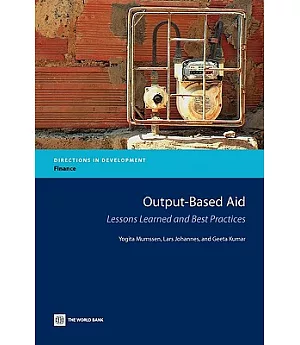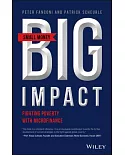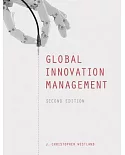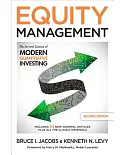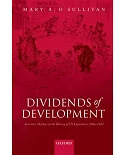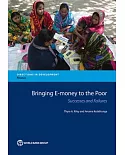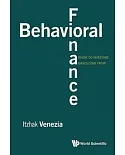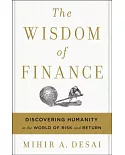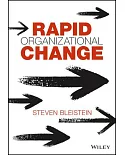Traditional approaches to improving basic living conditions in poor countries have not always led to the results intended. To solve this problem, results-based financing (RBF) instruments tie
the disbursement of public funding to the achievement of pre-agreed results. This book examines output-based aid (OBA), a type of RBF instrument that has been used by the World Bank Group since
2002. The book analyzes 200 OBA projects in water and sanitation, energy, health, roads, telecommunication, and education, and concludes that OBA has clear advantages over traditional
approaches. Related issues discussed include the importance of transparency, private sector capital and expertise, sustainability and tariffs, and monitoring of results in traditional World
Bank projects. The book will be of interest to those working in the infrastructure and social services sector, and to OBA practitioners, including staff of international financial institutions,
public and private service providers, and NGOs, as well as donors and governments. Annotation ©2011 Book News, Inc., Portland, OR (booknews.com)

